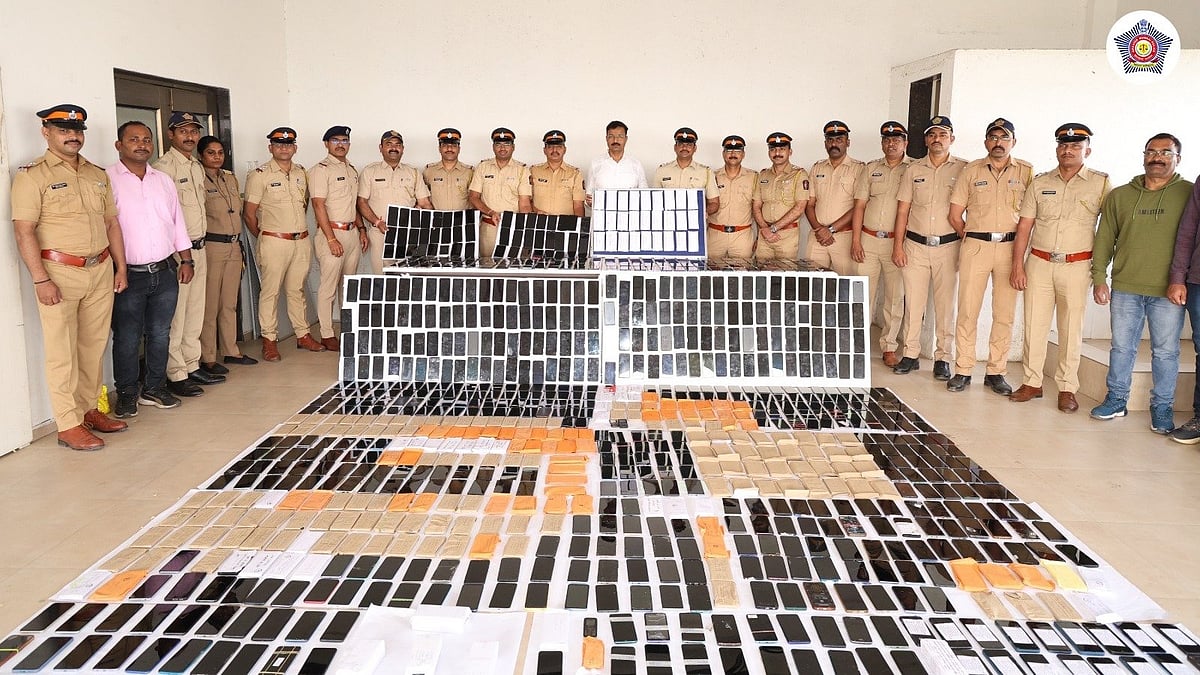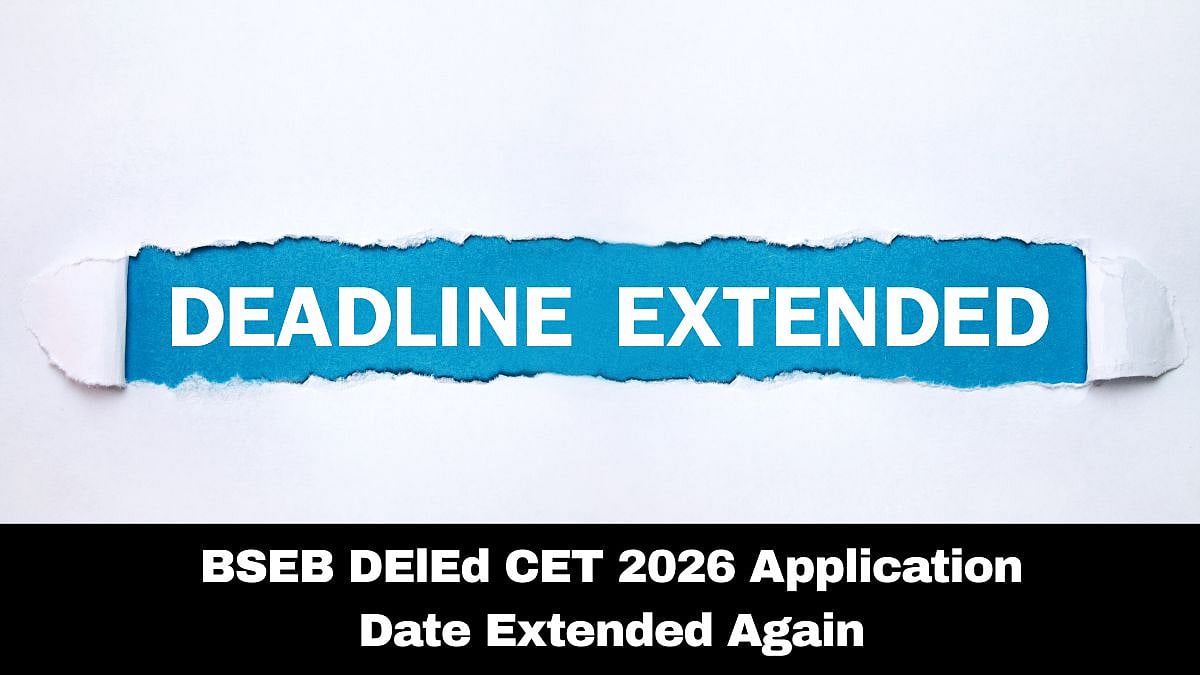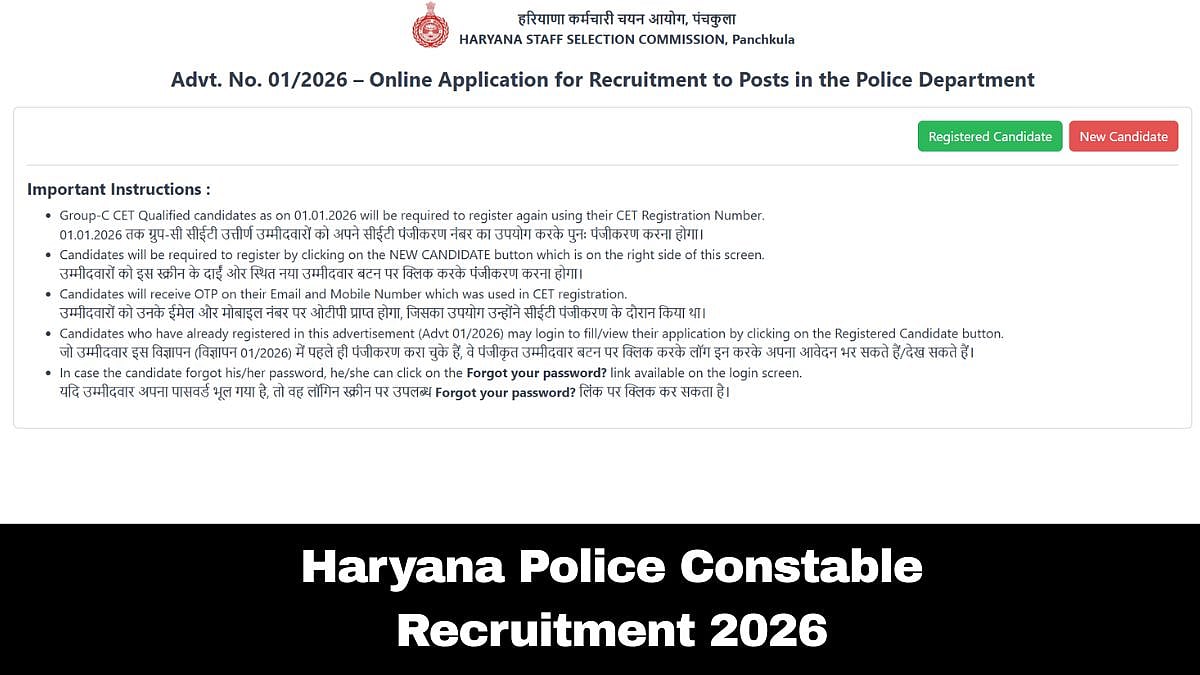In one of his recent literary endeavours, ‘Tharoorasaurus’, Shashi Tharoor, a politician and a wordsmith par excellence, ruminates upon some obscure words that are rarely used in common parlance. Among many words that he dwells upon and unpacks, the usage of the word ‘epistemophilia’ is peculiarly interesting. The word, in its literal sense, means an excessive love of knowledge. However, there is a caveat: here, the ‘love’ of knowledge precludes a systematic development of understanding of a given topic/subject, rather, it simply involves mugging up useless trivia. This culture of remembering obscure facts would be a harmless, fun activity were it not for the monstrous proportions it has acquired in Indian education.
In India, multiple-choice questions (MCQs) have become the predominant format for every examination, ranging from school tests to competitive entrance exams. On Mar 28, the University Grants Commission (UGC) made an announcement that PhD admissions in Indian universities would be based on National Eligibility Test (NET) scores. This announcement received considerable flak from all quarters. The NET is the most unacademic test that one is forced to undertake to pursue a career in academia. A cursory glance at the questions asked in an exam, which decides whether or not an individual is fit for teaching college students, can be perplexing. Other exams such as CUET-PG and UPSC prelims need to be revised. While this ‘quizzification’ of knowledge is harmful to any discipline, it becomes even more acute in the case of humanities.

First and foremost, humanities subjects require the students to be critical. In the MCQ format, critical thinking has no scope, which defeats the purpose. These exams promote rote learning. Consequently, students are forced to go through the ordeal of remembering utterly useless facts which is physically exhausting and intellectually unrewarding.
It is pertinent to mention that MCQs — no matter how nimbly framed — are inherently inadequate to assess the knowledge and competence of a student in humanities. They tend to focus on discrete bits and pieces of information, which means the theoretical and conceptual formulations are treated as expendable. A theoretical or methodological approach is essential to grasp a topic. What this also entails is that a student who has genuinely immersed themselves in various readings may not cut such exams but someone who has simply memorised random facts could easily outperform them. So, MCQ-based exams fail to assess the writing skills of a student, which is quite important. Students of humanities need to hone their writing skills to be able to publish their research in any journal of repute. While the notion of ‘merit’ is not completely flawless, such exams may only further aggravate the existing problems.
Another, and probably the most perilous, concern is that such exams cultivate unwarranted confidence. They promote false sure-footedness. Scholars tend to put forth divergent arguments. One can arrive at a holistic understanding of the given subject only by engaging with a multitude of views. The existence of divergent perspectives does not mean that there is no objectively-verifiable reality, rather it means that a student should not blindly subscribe to any particular position while discarding others. The student must learn to critically read a text and challenge the methods and assumptions of the authors, not sparing even those they are favourably inclined towards. In essence, humanities disciplines cultivate a sense of ‘scepticism’ — a refusal to buy anything at face value, an ability to peer through the façade, and unmask the sepulchral reality.
In MCQ-based exams, a student is under obligation to choose a ‘correct option’. What seems to escape the attention of the ones who frame these questions is this: what if there is no ‘correct option’ or there are many ‘correct options’? Now, what must be kept in mind is that this conundrum cannot be resolved by ‘none of the above’ or ‘all of the above’ options. Such options are helpful only with well-established and undisputed facts, however, in humanities and social sciences, contention among scholars is the norm, and consensus is a rarity. Therefore, such questions with their oversimplifying tendencies promote what many scholars have called ‘epistemological naivete’, albeit in different contexts.
There are deep ramifications of this trend — political or otherwise. MCQ-based questions, with their emphasis on one correct answer, are capable of perpetuating biases and prejudices. Certain highly complex historical and sociological issues necessitate an in-depth analysis, or else students may fall prey to political bastardisation. The oversimplification and overgeneralisation of complex issues, coupled with an unwarranted sense of certainty, create a fertile ground for misinterpretation and misinformation. In contrast, detailed, descriptive questions facilitate critical engagement with the issue at hand and promote sobriety and depth. This helps students avert the pitfalls of oversimplification.
It is understandable why MCQ-based exams have become the primary method of assessment in Indian education, as they are easily graded using automated systems. However, this method’s convenience shouldn’t overshadow its significant drawbacks. It carries deep consequences for academia as well as society. Critical thinking, the crux of humanities disciplines, is completely neglected, and as a consequence, false confidence is cultivated. To develop true intellectual rigour, this horrendous mode of evaluation must be done away with, and instead, methods that encourage students to develop holistic and systematic understanding, analytical thinking and engagement with divergent viewpoints, even — and especially — those they differ with are deployed.










